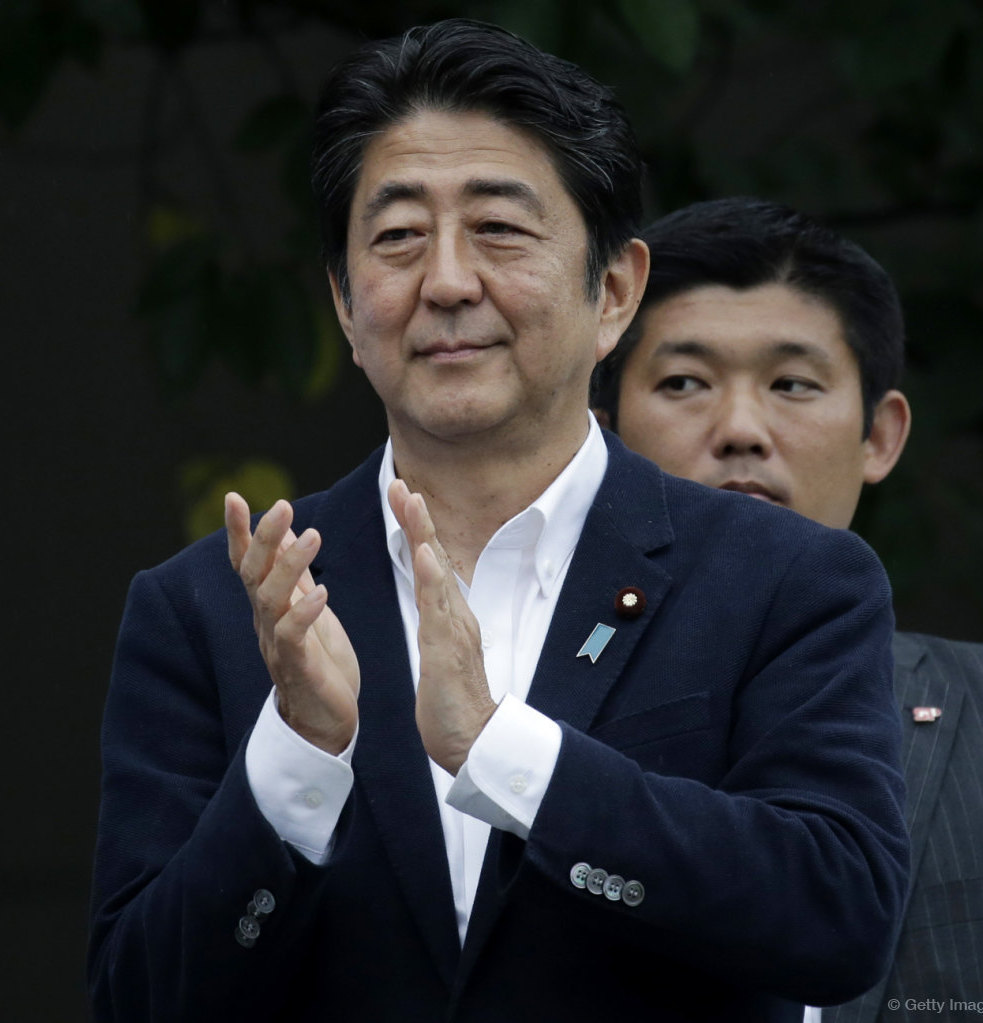Japanese leader Abe gets ringing endorsement as he heads for landslide victory
Prime minister Shinzo Abe’s ruling coalition won a landslide victory on Sunday in an election for the Japanese parliament’s upper house. Mr Abe’s Liberal Democratic Party and its coalition partner Komeito would take between 67 to 76 of the 121 seats - half the chamber - available in the election, up from 59 previously, early exit polls predict. He could even get the two-thirds “super majority” needed to try to revise the post-war constitution for the first time, some polls suggested.
Especially since I see economic growth as the priority, I have little hope for the opposition parties
Voter Yoshihiko Takeda, 36
Mr Abe’s Liberal Democratic Party has certainly won a simple majority - a first since 1989 and enough to bolster his grip over the conservative party. He had cast the election as a referendum on his Abenomics reforms which he hopes will revive the country’s stuttering economy. But his plans to reform the constitution to ease constraints on the military operating overseas is highly controversial, as it could lead to tension with China and, according to his critics, detract from more pressing problems at home.
Markets want confirmation of Abe’s strong grip on power, but they also want Abe to use that power for the economy first, not constitutional reform
Jesper Koll, chief executive at fund manager WisdomTree Japan

shinzo abe